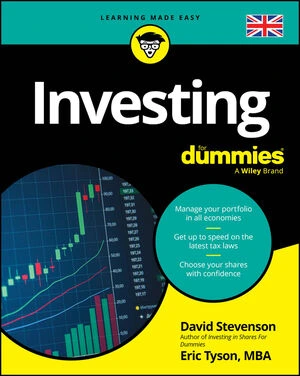You run to the phone, call your broker, and invest all your savings in shares of Phenomenal stock. Years later, the Food and Drug Administration (FDA) denies the company approval for the drug, and the company goes belly up, taking your entire nest egg with it.
Your money would’ve been much safer in a fund. A fund may buy some shares of a promising but risky company like Phenomenal without exposing investors like you to financial ruin. A fund owns stocks or bonds from dozens of companies, diversifying against the risk of bad news from any single company or sector. So when Phenomenal goes belly up, the fund may barely feel a ripple.
Diversifying like that on your own would be difficult — and expensive — unless you have a few hundred thousand dollars and a great deal of time to invest. You’d need to invest money in at least 8 to 12 different companies in various industries to ensure that your portfolio could withstand a downturn in one or more of the investments.
Funds typically invest in 25 to 100 securities, or more. Proper diversification increases the probability that the fund receives the highest possible return at the lowest possible risk, given the objectives of the fund.This doesn’t suggest that funds escape without share-price declines during major market downturns. For example, during the early 2000s bear market, many funds declined in value. But again, the investors who were most harmed were those who held individual stocks that, in the worst cases, ended up plummeting to zero as companies went bankrupt, or those investors who loaded up on technology and Internet stocks that dropped 80 to 90 percent or more.
The same fate befell investors who were overloaded with stock in financial firms like AIG, Bear Stearns, Lehman, and others that plunged far more than the broad market averages in the late 2000s bear market.
Although most funds are diversified, some aren’t. For example, some stock funds, known as sector funds, invest exclusively in stocks of a single industry (for instance, healthcare). Others focus on a single country (such as India). Such funds are not great because of the lack of diversification and because such funds typically charge higher operating fees.
It’s also worth noting that investors who bought sector funds investing exclusively in Internet stocks got hammered in the technology stock crash of the early 2000s. Many of those funds dropped 80 percent or more, whereas broadly diversified funds fared far better. (The same thing happened in the late 2000s to investors in financial sector funds.)





